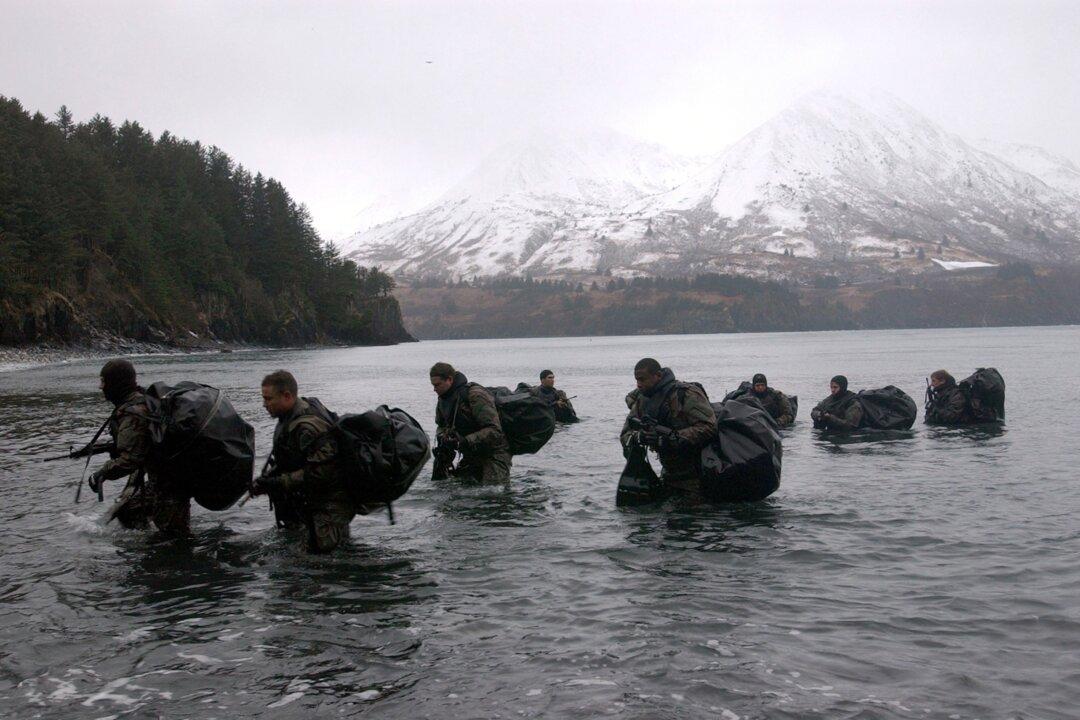This is the third article in a five-part series on the “Special Operations Forces Truths.” The SOF Truths are five rules that are utilized as a guide for Special Operations units for strategic planning and vision. However, successful Special Operations soldiers also leverage these rules at an individual level in their own day-to-day activities.
Now, as more highly experienced and combat-tested SOF veterans are entering the business world than ever before, these five simple rules are being leveraged as force multipliers by leaders of cutting-edge industries to grow their people in a deliberate manner, on both a professional and a personal level.





